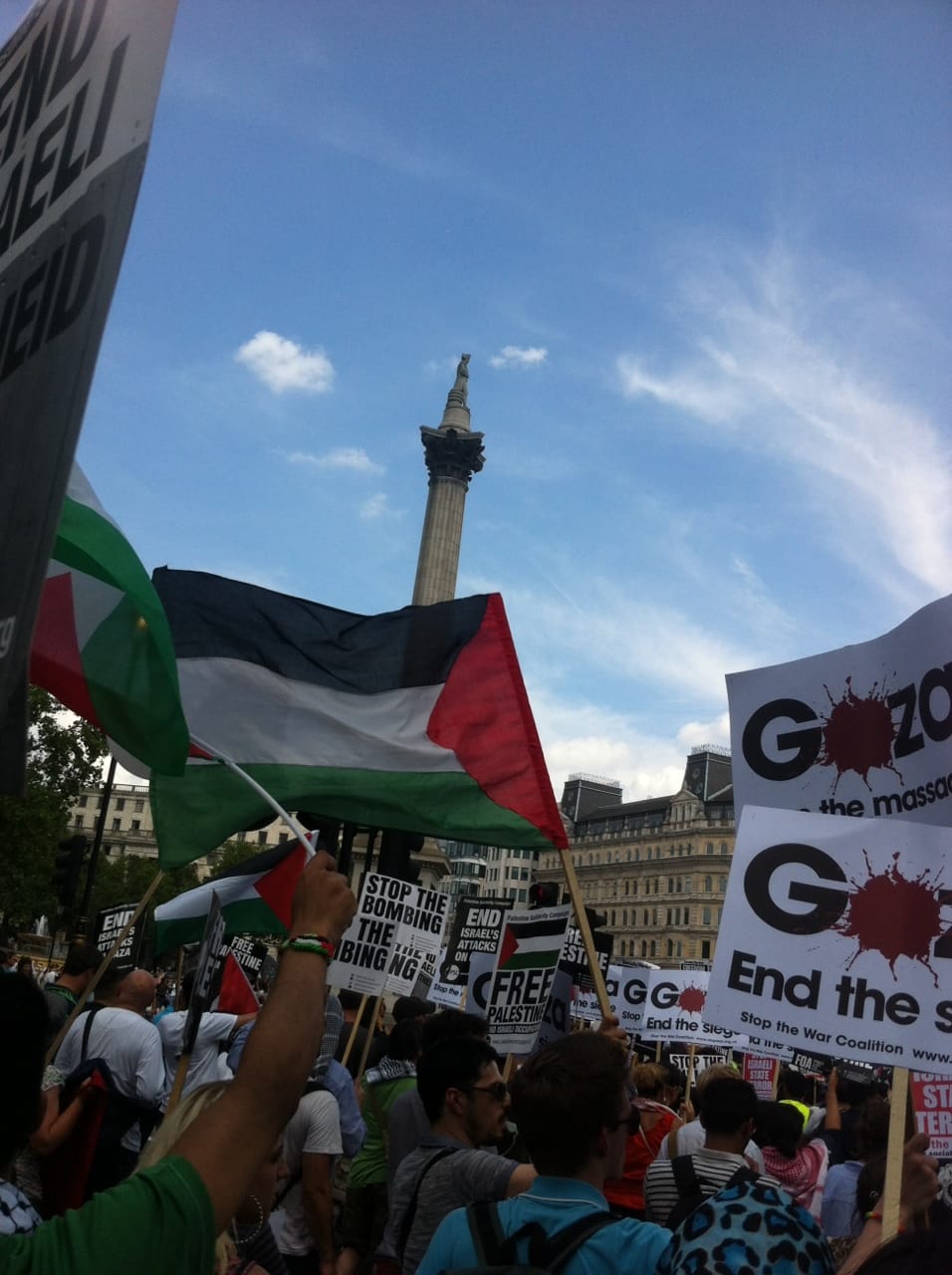Israeli and Palestinian professors back SOAS boycott calls

Mel Plant, BA Arabic and Turkish
Launching its campaign for an academic boycott of Israel, SOAS Palestine Society yesterday hosted distinguished Israeli historian Ilan Pappe and Palestinian-American Oxford professor Karma Nabulsi to debate the issue amongst the student body.
From 23rd to 27th February, SOAS students will have the opportunity to vote on whether to call for the school to actively pursue an academic boycott of Israel, a motion organised in partnership with the Students’ Union. Though Pappe claimed it “absolutely redundant” to explain the boycott at the beginning of his speech, a student expressed his concerns by asking “where is the struggle in BDS?”. BDS, otherwise known as the Boycott, Divestment and Sanctions movement, which incorporates the wider economic, cultural and academic boycott of Israel, was characterised by the student as a means to attain congratulations for being ethical. Another student shone a different light on BDS, claiming that though the movement has had little effect on the everyday lives of Palestinians, “holding a space [in itself] is a very significant achievement”, expressing pride in the university community’s fostering of a space for free speech and debate on the Palestinian struggle.
Likewise, Nabulsi praised the SOAS community, emphasising that boycott is a historically effective tactic. Some may question the relevance of academic boycott to an institution that has such a historically active Palestine Society. However, SOAS maintains links through its Hebrew and Israeli Studies course to the Hebrew University of Jerusalem, an institution which has provided support to the Israeli Defence Forces and has established itself on occupied land in East Jerusalem.
Cutting such ties, Pappe affirmed, would not harm Israeli academics who have already disassociated themselves from Israeli government policies. Pappe, who, amongst the so- called ‘New Historians’, innovated the Israeli academic conception of Palestinian history in the 1980s, related from his own experience that “if you accuse Israel of ethnic cleansing, you are likely to be ethnically cleansed yourself”. Both professors avowed that the academic boycott was a “tough conversation” that had to be had. Though academics would inevitably have to take the greatest risks in regards to their careers, the academic boycott proves absolutely necessary, with Pappe highlighting the complicity of architects, engineers, physicians, orientalists and other academics in the fabric of the Israeli occupation.
Responding to the campaign, SOAS has said “We do everything we can to preserve our neutrality, to ensure that we do not compromise by association our researchers or anyone else in our worldwide community.”
“The School makes every effort to avoid corporate alignment with political and social campaigns, so that we can continue to facilitate the critical analysis and original thinking that are hallmarks of our research and teaching.”
Concern for free speech was addressed in light of the recent events in Paris. Pappe expressed unease with the growing popular movement in France, stating that there was “nothing more appalling” than seeing demonstrations of almost 4 million people in a country which has banned pro-Palestine demonstrations and used legislation against anti-Semitic speech and depictions. Pappe assured that the academic boycott does not request the silencing of Zionist expression, but rather the demand for an equal space for other points of view. Both academics insisted that endorsement of Israeli academic culture has not fostered an environment in which the views of Palestinians are tolerated, and alongside this many Israeli universities have endorsed the ongoing military occupation of the Palestinian territories.
Ultimately, Nabulsi said, it is “time that students had their will reflected in university policies, investments and divestments”. If the student body votes in support of academic boycott, then we will have to “push to change the structure” of the university in order to ally with such an endorsement of the Palestinian right to freedom.



